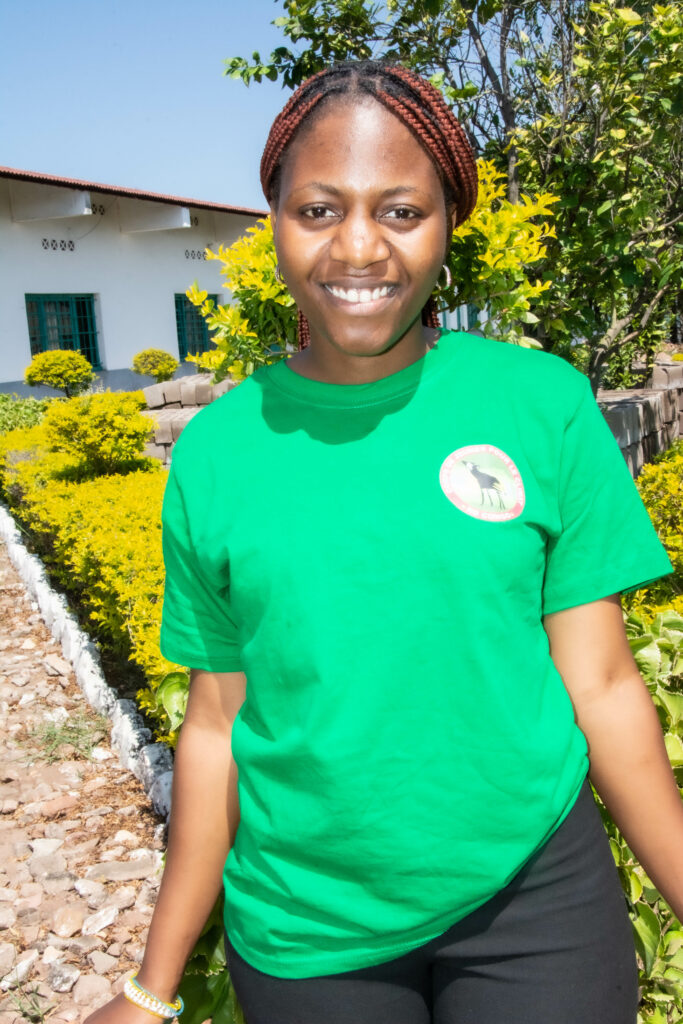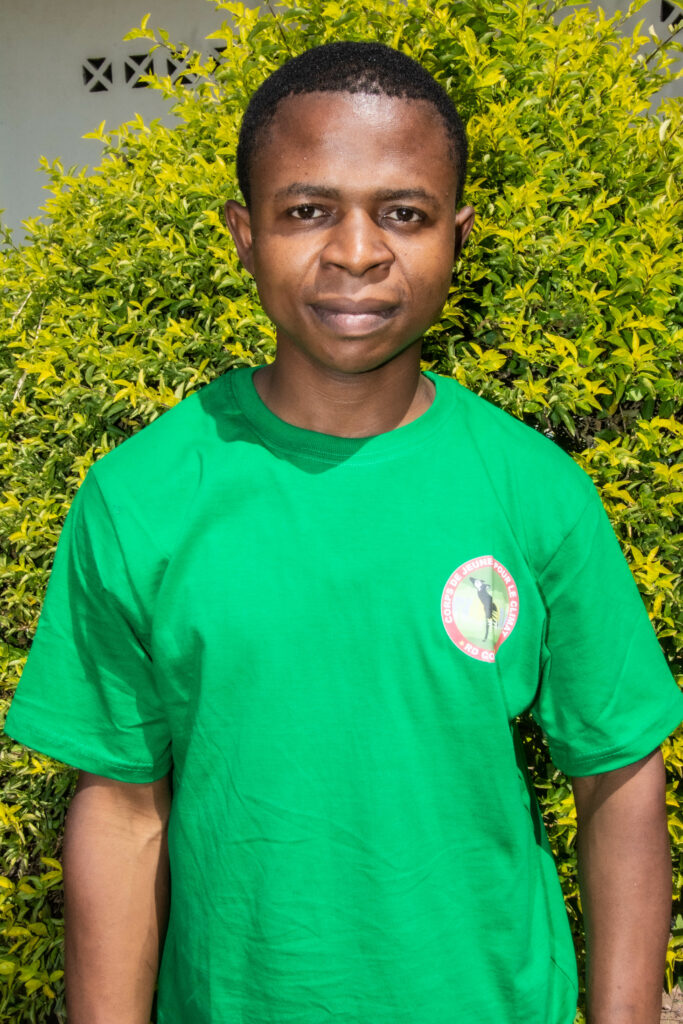A group of 20 young people and their parents gathered excitedly on a warm morning in early June on the shores of Lake Tanganyika in the Democratic Republic of the Congo (DRC). The group was from diverse ethnic backgrounds, neighborhoods, and religious traditions, but they had at least one thing in common: they were the first cohort of a new Youth Climate Corps (YCC) organized by the International Programs Office of the U.S. Forest Service, with funding from the U.S. State Department’s Bureau of Oceans and International Environmental and Scientific Affairs.
The new DRC YCC program is modeled after the Civilian Conservation Corps (CCC) in the United States, which successfully addressed unemployment and conservation needs in the 1930s and 1940s. The International Programs Office of the U.S. Forest Service has adapted CCC with great success for numerous countries around the world, including Lebanon, Honduras, Bangladesh, Egypt, and Guinea. The new DRC YCC program includes a strong emphasis on climate and includes partners from the government of the DRC and private sector actors in the environment and education sectors. The program aligns with the vision of the Congolese government to support youth development and combat unemployment.
The cohort of young adults, all aged 18 to 25 and from the city of Kalemie, will spend the next six months learning, working, and serving their community. Selected from hundreds of applicants, they were chosen for their passion, motivation, and eagerness to learn. The program will provide general and practical skills to enhance their professional and entrepreneurial capabilities and help them apply to university programs should they wish to continue their education.
Semenyo NYAKOKPA, the U.S. Forest Service Congo Basin Forest Restoration Specialist who has been working with partners in Kalemie since 2022 on reforestation and plant nursery projects, was eager to create a program that was educational, practical, and service-oriented.
“Participants will learn about the biodiversity of their country and be able to protect it. They will be producing vegetables and fruit tree seedlings which will be providing food and seedlings to people in Kalemie experiencing food insecurity. They will also create an environmental association that will be planting trees, cleaning public places, recycling plastic waste, and providing compost,”
said Semenyo.
The DRC YCC program provides both theoretical and practical training. Sector experts help participants develop essential skills and knowledge. The program emphasizes collaboration, co-creation, and hands-on learning and a participatory approach to all activities.
During the launch of the program, the cohort members signed a code of conduct, met the Provincial Minister of Youth, and received YCC shirts, uniforms, hard hats, and backpacks. They spent the first week learning more about the objectives and expectations of the program and getting to know each other. In the coming weeks, they will receive training in various technical areas, such as agroforestry, community forest management, nursery seedling production, reforestation, bush fire prevention, biodiversity, fisheries management, environmental protection, and computer science. To gain practical experience, they will work at farms, plantations, beaches, markets, and plant nurseries. They will also have sessions focused on career development themes, including emotions and how to express them, daily habits and maintaining a positive state of mind, creating a life and career path, setting goals, public speaking, and creativity and innovation.
To broaden their understanding of environmental and cultural contexts, the YCC staff has organized visits to museums, fishing villages, and the nearby Kabobo reserve. Additionally, the program will provide real-world work experience by supporting internships with partner institutions and offer guidance and support for developing and implementing entrepreneurial projects.


Alice EMILIANE KALUNGA (above left) applied for the YCC program because she is passionate about environmental conservation and climate change.
“I hope by the end of this program I will be able to gain new expertise in the reforestation and agroforestry sectors.”
said Alice.
She is also interested in upcycling and hopes to get the opportunity to learn more about how to transform plastic waste into useful materials during her time at YCC.
In the DRC, the underemployment rate exceeds 50% percent, and the youth unemployment rate is over 35 percent. The YCC program aims to help young people integrate into the workforce, define their career paths, and grant them improved access to professional opportunities in natural resource management and climate change roles.
“This program meets the vision of the Congolese government in its youth support policy to combat unemployment,” says Enock KABOZA YAMBA YAMBA, the Youth Climate Corps Coordinator. “I also hope that this program inspires and motivates young people to actively engage in initiatives to combat climate change and creates a generation that is conscious and proactive about environmental issues.”
For many in the cohort, learning more about how to fight climate change is critical. The city of Kalemie has seen an increase in heatwaves and rainfall over the past few years. In March and April of this year, flooding reached a historic high, and the city was cut in half by the floodwaters, upending life for thousands of people, forcing them to leave their homes and close their businesses. Agricultural fields and wells were destroyed, and eleven people died when their homes collapsed. It took weeks for the waters to recede.
Jean Bosco KIHUNA MWANANGEE (above right) has heard people talking about climate change in his community, due to the natural disasters they have been experiencing.
“I applied for this program because I want to learn, but also because I want to contribute to raising awareness about how to fight against climate change and protect our environment […] I hope that, for the future of our country, we will be able to use our acquired knowledge to ensure that people are no longer suffering because of these natural disasters, especially because of the heat and rising water levels.”
The Conserving Critical Congo Basin Forests program (C3BF), funded by the U.S. Department of State Bureau of Oceans and International Environmental and Scientific Affairs (OES), provides technical assistance for conserving Congo Basin forests, preventing deforestation, increasing forest cover, and promoting national afforestation and reforestation efforts. Special thanks to the YCC Lebanon team for their valuable guidance in setting up and executing the new DRC YCC program.